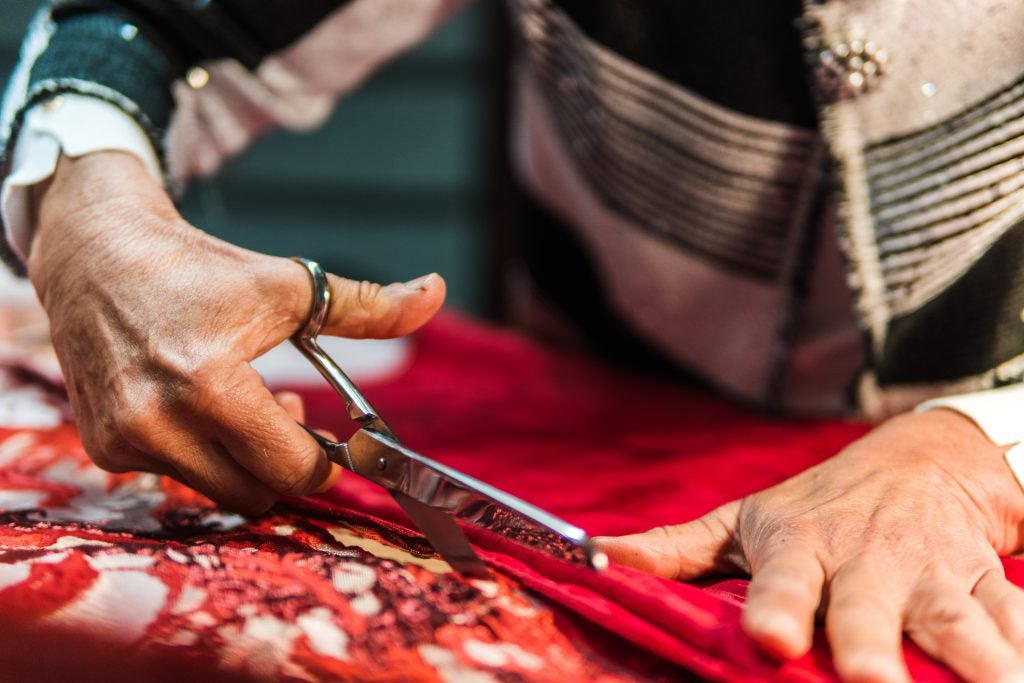Rycroft described Renewcell filing for bankruptcy due to insufficient funding as a "sobering moment" for the global fashion industry.
She explained the fashion value chain was not fully prepared to support "this first-to-market leader" in bringing sustainable fashion from niche to mainstream despite the ground being more fertile than ever for a "NextGen transformation".
Rycroft pointed out that without bold commitments from every stakeholder, including fibre producers, global brands, and governments, the world will not be able to implement low-carbon solutions in time to limit global temperature rises and avoid the worst impacts of climate change.
"As one of the world’s first commercial-scale textile recycling mills, Renewcell has forged a trail for the entire fashion sector to follow. It’s not easy – as we’ve seen with the scaling of solutions like solar and electric vehicles – and it can be an especially bumpy path for pioneers until uptake reaches critical mass," she added.
Canopy's founder suggested now is the time for all stakeholders along the fashion value chain to align their actions with their promises and fully embrace the market solutions available to them for real change, as well as for governments to provide stronger incentives to scale circular manufacturing.
She emphasised the role of collaboration in continuing to protect the world's forests, safeguard biodiversity, and sustain the planet.
Renewcell plans to file for bankruptcy at the Stockholm District Court due to a lack of sufficient financing and not enough interest in recycled fibres from the wider fashion industry.
The maker of the recycled fibre circulose said its decision followed advanced negotiations with its two largest shareholders Swedish fashion brand H&M and biotech company Girindus, as well as its existing lenders, potential new investors, and other stakeholders.
However, no concrete solution was found to provide the company with the sufficient financing to be able to complete its strategic review it announced in November due to lower than expected sales volumes.
The Swedish company did manage to secure short-term funding of SEK100m ($9.83m) in December, however it aimed to secure long-term financing by the first quarter of 2024.
Last month (January) the company also announced plans to slash its workforce by 25% in a bid to create savings of SEK35m ($3.4m) per year.









